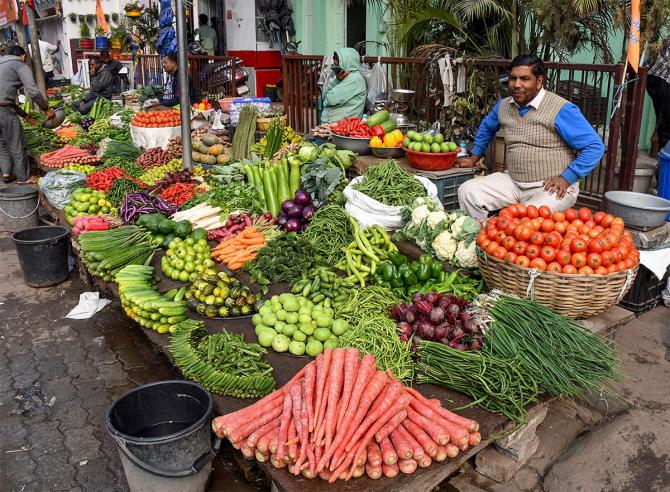'For smaller merchants, there should be a process that is digital and a minimum KYC journey should be allowed.'

Fintech players are planning to suggest a minimal know-your-customer (KYC) process for small merchants, and a risk-based and graded approach to customer verification.
This is part of the feedback on draft directions of payment aggregator regulations by the Reserve Bank of India.
Fintech players told Business Standard some merchants might be "too small" to go through the full KYC process, which requires physical verification of such customers. This, in turn, may increase their costs.
"For smaller merchants, there should be a process that is digital and a minimum KYC journey should be allowed. These merchants do business of less than Rs 50,000 per month," a senior executive of a payment processing fintech said.
The person added only in cases where transaction volumes increased over time, additional verification procedures such as document collection and physical verification should be required as part of a "risk-based approach".
In a draft circular, the RBI proposed stricter norms and customer due diligence (CDD) procedures for merchants serviced by payment aggregators.
It has proposed that payment aggregators will be required to undertake a contact point verification (CPV) of entities, which again involves physical verification of customers.
Companies such as Razorpay, Cashfree Payments, Decentro, and CCAvenue are some of the major online payment aggregators operating in the industry to which the new rules will apply when they come into effect.
The banking regulator has invited comments on the draft directions from companies before May 31, 2024.
Recommendations from players stem from the broader industry concern that the cost and time involved in physically verifying small merchants may be skewed since such customers record a small volume of transactions.
"The cost of acquiring a small merchant using physical in-person verification won't be justified. The cost may shoot up as much as 10 times what they are today if the guidelines kick in," said Rohit Taneja, founder and CEO, Decentro, a fintech company.
Currently, payment-processing companies absorb the cost of taking on board merchants. However, in case the cost increases substantially, these firms may find it unsustainable to take on board smaller customers.
"We either will have to pass it on to the customers, or stop the service to them. A lot of companies will stop serving online customers since it doesn't make sense at a unit economics level," a person quoted above said.
The executive added nearly 50 per cent of the merchants in the industry were small ones.
"The volumes are never too large and hence they are not a significant portion of our revenue. But, it is the number of merchants that is going to be affected," the executive said.
To meet the challenge, Taneja said instead of a physical verification of small customers, companies should be able to do a video-based customer identification process (V-CIP).
A V-CIP is an alternative method of customer identification with facial recognition and CDD by an authorised official of a regulated entity (RE), according to the RBI Web site.
"Instead of physical verification, we should ideally just do a VCIP across (small merchants). The second is that for very small merchants, as long as their transaction volumes are limited, where you have a cap placed on transaction volumes, even a V-CIP may not be necessary," he added.
Meanwhile, when it comes to their existing customers, payment aggregators will be required to ensure merchant transactions processed by companies are in line with the merchant's business profile.
"The key is to have a merchant monitoring system. If a particular merchant who does transactions of Rs 30,000 per month suddenly does more than that, the system should flag it.
"It may require a manual review to check if the concern is genuine," Taneja said.
Feature Presentation: Ashish Narsale/Rediff.com











